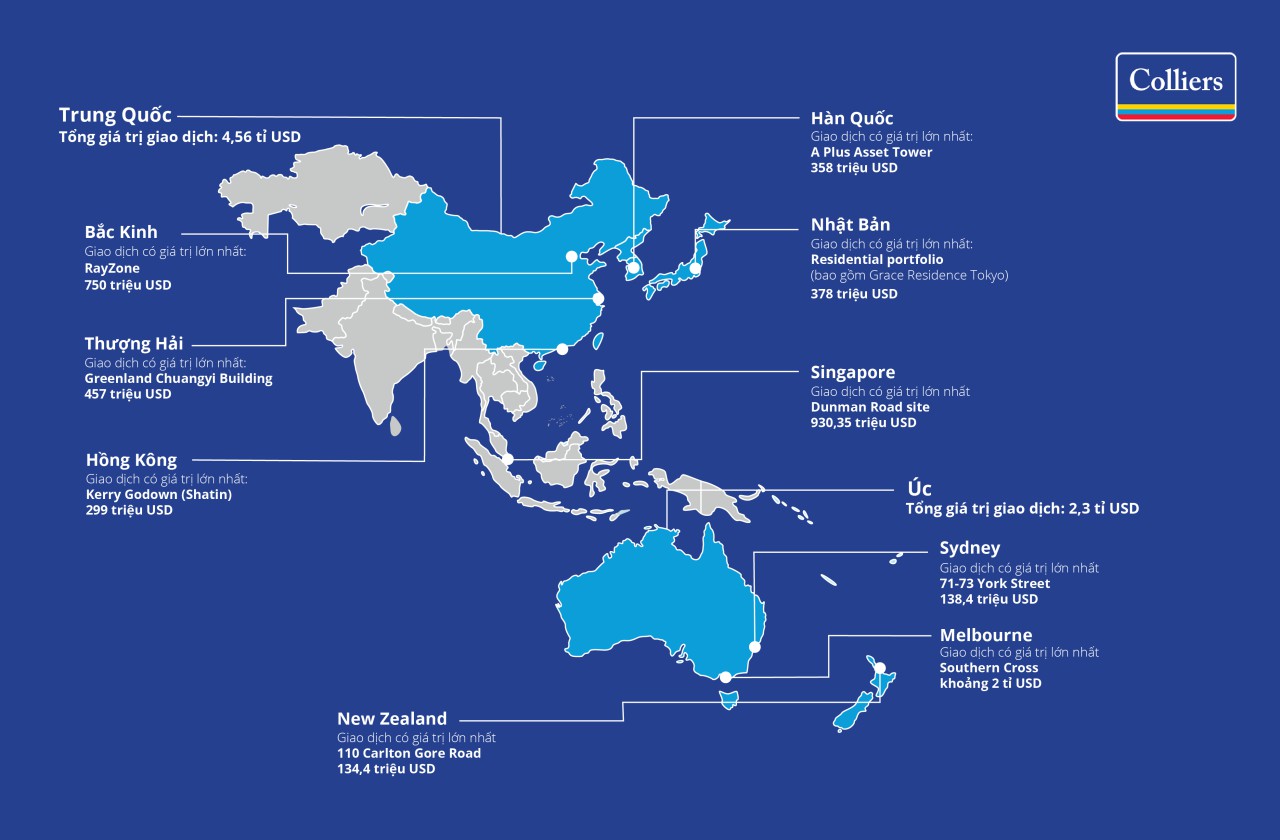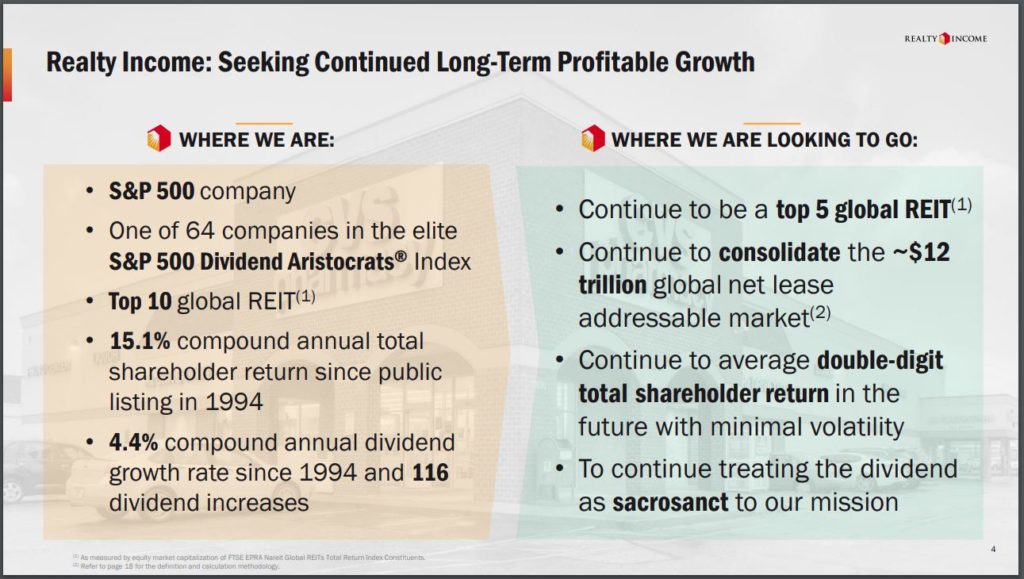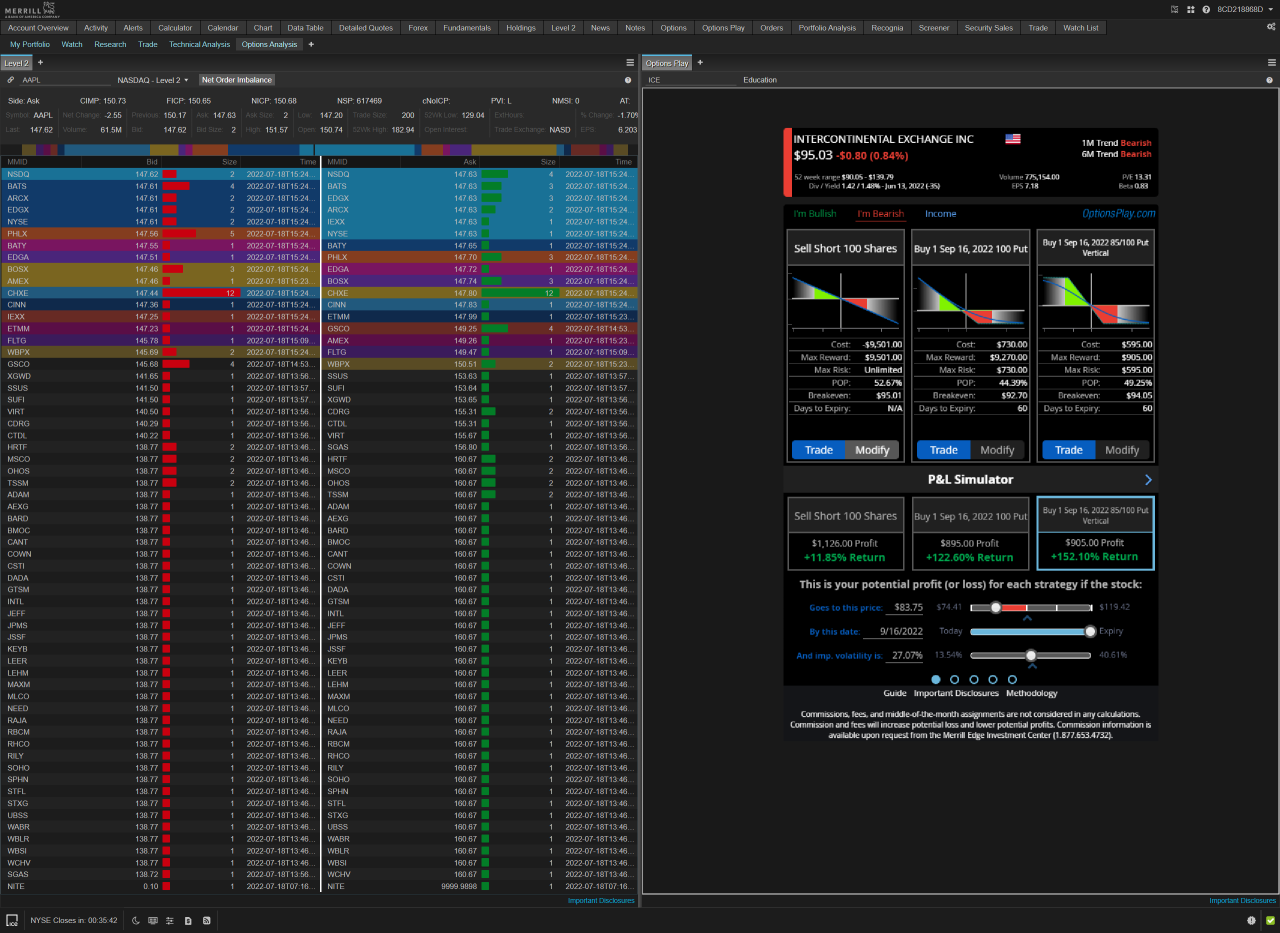Delving into the realm of Top Share Markets to Watch in the Asia-Pacific Region, this article promises an exciting journey through the dynamic landscape of stock markets, offering valuable insights and analyses that are sure to captivate readers.
The following paragraphs will shed light on the key countries, trends, and factors influencing share markets in this vibrant region.
Overview of Asia-Pacific Share Markets

The Asia-Pacific region plays a crucial role in the global economy, encompassing countries with diverse cultures, economies, and financial markets. This region is known for its rapid economic growth, technological advancements, and strategic importance in international trade.
Key countries in the Asia-Pacific region with notable share markets include Japan, China, Australia, South Korea, and Singapore. These countries are major players in the global financial market, attracting investors from around the world.
General Trends and Characteristics
Share markets in the Asia-Pacific region are characterized by high volatility, driven by factors such as geopolitical tensions, economic policies, and market sentiments. These markets are also known for their technological innovation and the adoption of advanced trading platforms.
- Increased Foreign Investment: Asia-Pacific share markets have seen a surge in foreign investment, contributing to market growth and liquidity.
- Regulatory Environment: Countries in the region have different regulatory frameworks governing their share markets, impacting investor confidence and market stability.
- Emerging Markets: Some countries in the Asia-Pacific region are considered emerging markets, offering high growth potential but also higher risks for investors.
- Market Integration: Efforts are being made to promote market integration within the region, enhancing cross-border investments and creating more diversified opportunities for investors.
Top Share Markets in Asia-Pacific
When looking at the top share markets in the Asia-Pacific region, it is important to consider key players such as the Tokyo Stock Exchange, Hong Kong Stock Exchange, and others. These markets play a significant role in the region's economy and provide valuable insights into the overall performance of the financial sector.
Tokyo Stock Exchange
The Tokyo Stock Exchange, also known as the TSE, is one of the largest and most prestigious stock exchanges in Asia. It is home to some of Japan's biggest companies and serves as a key indicator of the country's economic health.
The performance of the TSE is influenced by factors such as economic data, government policies, and global market trends.
Hong Kong Stock Exchange
The Hong Kong Stock Exchange is another major player in the Asia-Pacific region, known for its dynamic and fast-paced trading environment. It attracts investors from around the world due to its strategic location and strong regulatory framework. Factors impacting the performance of the HKSE include geopolitical events, interest rates, and market sentiment.
Shanghai Stock Exchange
The Shanghai Stock Exchange is one of the largest stock exchanges in China and plays a crucial role in the country's economy. It is heavily influenced by government policies, economic indicators, and global trade dynamics. Investors closely monitor the performance of the SSE to gauge the overall health of the Chinese market.
Singapore Exchange
The Singapore Exchange is a key player in the Asia-Pacific region, offering a diverse range of investment opportunities to local and international investors. Factors such as technological advancements, regulatory changes, and industry trends impact the performance of the SGX. It serves as a gateway to Southeast Asia and is a hub for trading in various asset classes.
Emerging Share Markets in Asia-Pacific
As investors seek new opportunities for growth in the Asia-Pacific region, several emerging share markets have caught the attention of market participants. These markets are characterized by their significant growth potential and offer unique opportunities for investors looking to diversify their portfolios.
Vietnam Stock Market
The Vietnam Stock Market has shown remarkable growth in recent years, attracting both domestic and foreign investors. Factors contributing to its emergence include strong economic growth, political stability, and ongoing reforms to improve market transparency and efficiency.
- Opportunities: Vietnam's young population, expanding middle class, and strategic location make it an attractive destination for investors. The market offers exposure to various sectors such as manufacturing, technology, and consumer goods.
- Challenges: Despite its growth potential, the Vietnam Stock Market still faces challenges related to regulatory issues, corporate governance, and liquidity constraints. Investors need to carefully assess the risks before investing in this market.
Indonesian Stock Market
The Indonesian Stock Market has also emerged as a key player in the Asia-Pacific region, driven by the country's robust economic growth and increasing foreign investment. Factors contributing to its growth include a large population, natural resources, and government initiatives to attract foreign capital.
- Opportunities: Indonesia offers investors exposure to a diverse range of sectors such as commodities, infrastructure, and consumer goods. The market is also supported by ongoing reforms to enhance market transparency and regulatory framework.
- Challenges: Despite its potential, the Indonesian Stock Market faces challenges related to infrastructure development, political stability, and currency fluctuations. Investors need to carefully monitor these factors to make informed investment decisions.
Impact of Global Events on Asia-Pacific Share Markets

Global events such as trade wars, geopolitical tensions, and pandemics have a significant impact on share markets in the Asia-Pacific region. These events can create uncertainty, volatility, and disruptions in the markets, leading to fluctuations in stock prices and investor sentiment.
Trade Wars
Trade wars between major economies, such as the ongoing tensions between the US and China, can have a direct impact on Asia-Pacific share markets. Tariffs imposed on imports and exports can affect the profitability of companies operating in the region, leading to a decline in stock prices.
For example, when the US-China trade war escalated in 2018, Asian markets experienced significant volatility and sell-offs.
Geopolitical Tensions
Geopolitical tensions in the Asia-Pacific region, such as territorial disputes or military conflicts, can also impact share markets. Uncertainty and instability resulting from these tensions can lead to investor caution and risk aversion, affecting market performance. For instance, the conflict between North and South Korea has historically caused fluctuations in South Korean stock prices.
Pandemics
Pandemics like the COVID-19 outbreak in 2020 have had a profound impact on Asia-Pacific share markets. Lockdowns, travel restrictions, and disruptions to supply chains have affected businesses across the region, leading to sharp declines in stock prices. Investors have had to navigate heightened uncertainty and market volatility during such crises.
Strategies for Investors
To mitigate risks arising from global events, investors can employ various strategies. Diversification of their investment portfolio across different asset classes and regions can help reduce exposure to market volatility. Additionally, staying informed about geopolitical developments and economic indicators can enable investors to make informed decisions during uncertain times.
Implementing stop-loss orders and setting clear investment goals can also help manage risks effectively.
Conclusion

As we wrap up our exploration of Top Share Markets to Watch in Asia-Pacific Region, it's clear that these markets hold immense potential and opportunities for investors. The dynamic nature of these markets, influenced by global events and local factors, ensures that there is always something new to discover and analyze.
Stay informed and keep an eye on these markets to make informed investment decisions.
FAQs
Which are some key countries in the Asia-Pacific region known for their share markets?
Some key countries known for their share markets in the Asia-Pacific region include Japan, Hong Kong, Singapore, South Korea, and Australia.
What factors influence the performance of share markets in the Asia-Pacific region?
Factors such as economic indicators, geopolitical events, market sentiment, and government policies can significantly impact the performance of share markets in the Asia-Pacific region.
How do global events like trade wars affect share markets in Asia-Pacific?
Global events like trade wars can create uncertainty and volatility in share markets in the Asia-Pacific region, affecting investor confidence and market performance.




